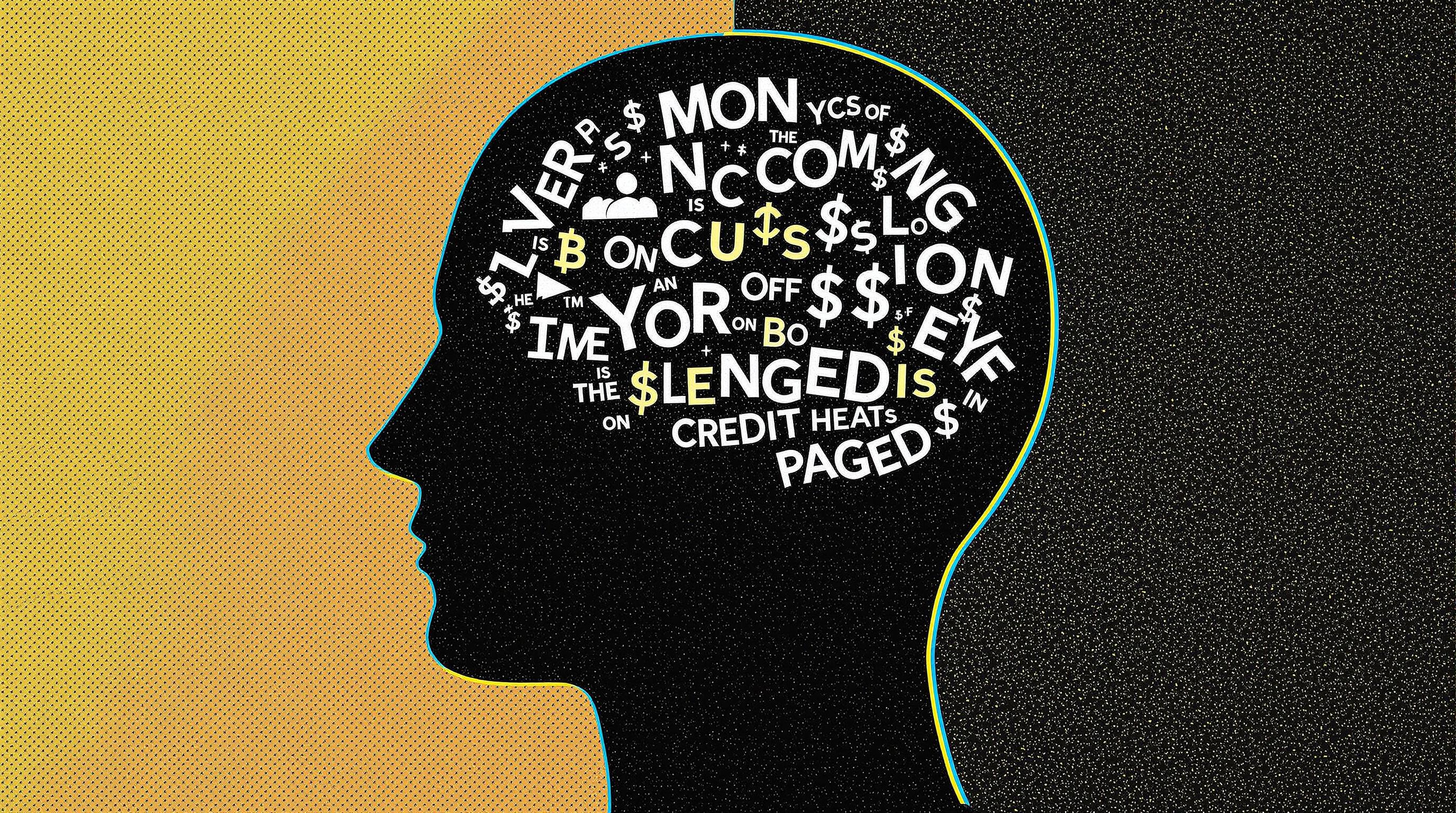Related Articles
- Top 6 Niche Credit Cards from the Past Five Years That Exploit Unseen Reward Loopholes
- Unmasking the Silent Influence of Social Media Challenges on Long-Term Financial Behavior and Credit Recovery
- How Microcredit Dynamics in Remote Communities Are Redefining Access and Trust Beyond Traditional Credit Metrics
- How Cultural Attitudes Shape Collective Borrowing Habits and Their Impact on Financial Unification Strategies
- Top 5 Under-the-Radar Digital Loan Services Launched Since 2019 That Are Disrupting Traditional Borrowing Norms
- Top 6 Cutting-Edge Financial Wellness Platforms Redefining Debt Recovery Tools Released Since 2019
Top 7 Innovative Financial Tools Released Since 2019 to Optimize Your Credit Health and Maximize Savings
Top 7 Innovative Financial Tools Released Since 2019 to Optimize Your Credit Health and Maximize Savings
Top 7 Innovative Financial Tools Released Since 2019 to Optimize Your Credit Health and Maximize Savings
1. Credit Karma's New Credit Monitoring Features
Since 2019, Credit Karma has enhanced its platform with more sophisticated credit monitoring tools. These features provide real-time alerts about changes to your credit report, helping consumers stay on top of their credit health effortlessly. The ability to spot potential fraud early or monitor key factors affecting credit scores plays a crucial role in managing finances prudently.
Moreover, Credit Karma now offers detailed insights into credit score factors and personalized recommendations. This educational approach empowers users to take corrective actions and strategically improve their credit standings. By making credit data more accessible and understandable, it transforms complex financial information into actionable steps.
These innovations reflect a broader trend in fintech focusing on transparency and user empowerment. With Credit Karma's growing presence, millions can harness clear, timely information to optimize their credit health, ultimately leading to better borrowing terms and financial well-being (Credit Karma, 2022).
2. Cleo – AI-Powered Financial Assistant
Cleo entered the fintech scene as a chatbot-enabled assistant designed to simplify money management. Using artificial intelligence, Cleo analyzes spending habits, offers budgeting tips, and even nudges users toward saving money more effectively. Launched in an upgraded form in 2019, Cleo stands out for an engaging, conversational interface that encourages better financial behavior.
One of Cleo’s innovative features is its ability to analyze patterns that may jeopardize credit health, like recurring bills or overspending, and provide timely warnings. This real-time feedback serves as an early intervention, allowing consumers to correct courses before damage occurs. Such personalized insights are groundbreaking because they merge psychology with finance.
By integrating payment reminders, budgeting tools, and credit score tracking, Cleo positions itself as a comprehensive financial deputy. The platform’s approachable style democratizes financial literacy, which helps users steadily grow their savings and maintain credit health without feeling overwhelmed.
3. Servo – Dynamic Credit Line Management
Servo, introduced in 2020, revolutionizes credit card management by automatically optimizing utilization rates. Since credit utilization—a ratio of credit used to credit available—is a major factor in credit scoring, Servo dynamically shifts balances across cards to keep utilization low and improve scores.
This tool not only prevents unintentional high utilization but also helps users avoid late fees by ensuring payments align strategically with each card's terms. It’s particularly useful for consumers with multiple credit cards who struggle to monitor credit usage effectively.
Servo’s approach exemplifies automation's potential in personal finance. Its focus on credit optimization helps users maintain high credit scores, which translates to better loan conditions and cost savings over time. By removing manual monitoring burdens, Servo makes financial optimization seamless.
4. YNAB (You Need A Budget) Enhancements
While YNAB has been popular for years, recent updates since 2019 have integrated advanced financial forecasting and credit health features. These updates allow users to see projected expenses, anticipated savings, and credit impact in a granular manner.
The ability to set goals linked directly to credit improvements, like timely debt reduction, helps users stay motivated and track progress visually. This goal-oriented framework promotes disciplined budgeting and sustainable credit health management.
YNAB’s transparent and proactive system redefines personal budgeting beyond simple expense tracking. By embedding credit health considerations and savings optimization into the core service, YNAB supports holistic financial wellness for its users.
5. Tally – Intelligent Line of Credit for Debt Management
Tally entered the market as an intelligent debt manager using line-of-credit technology to consolidate credit card debts. Since its launch, Tally has helped users reduce interest payments by automating balance transfers and managing payments across multiple cards.
This service not only lowers monthly expenses but also improves credit scores by maintaining healthy credit utilization and payment histories. The integration of smart algorithms that prioritize repayment strategies underscores the cutting-edge nature of Tally’s approach.
For consumers juggling several credit cards with varying rates, Tally offers a streamlined solution. Its automation reduces financial stress, ensures timely payments, and maximizes savings by minimizing costly interest charges (Tally, 2021).
6. Chime – Early Wage Access and Savings Boost
Chime, a neobank, introduced innovative features including early wage access and automatic savings boosts post-2019. Allowing users to access paychecks up to two days early fundamentally assists in managing cash flow and avoiding credit reliance for emergencies.
The savings boost feature rounds up transactions and transfers the difference into savings automatically, encouraging incremental savings without overt effort. This subtle but effective mechanism helps build emergency funds that can prevent credit misuse.
By providing these features combined with no-fee banking services, Chime supports financial stability. Early access to funds and effortless savings are crucial in optimizing credit health and reducing dependency on high-interest credit products.
7. Experian Boost™
Experian Boost™, launched in 2019, uniquely allows users to improve their credit scores by including positive payment history from utility and phone bills. Unlike traditional credit factors, these often overlooked payments now contribute to credit reports with this innovative service.
This inclusion helps many consumers, especially those with thin credit files, increase their scores quickly and access better financial products. It bridges gaps in traditional credit scoring models by reflecting present financial responsibility more accurately.
Experian’s advancement exemplifies how expanding credit data sources can democratize credit access. By incorporating everyday bill payments into credit scoring, Experian Boost empowers consumers to maximize their credit profile efficiently (Experian, 2020).
Conclusion
The financial landscape has transformed dramatically since 2019, driven by innovative tools designed to empower consumers. From AI-powered assistants like Cleo to dynamic credit management by Servo, these solutions provide practical ways to optimize credit health and increase savings.
Platforms such as Credit Karma and Experian Boost improve transparency and access to credit data, while budgeting and banking innovations from YNAB and Chime enhance everyday money management. Each tool targets different yet complementary areas of financial wellness.
By leveraging these technologies, consumers can adopt smarter, automated habits that protect credit scores, minimize costs, and accelerate savings growth. The future of personal finance is integrative and user-centric, making good credit and healthy savings more attainable than ever.
References
Credit Karma. (2022). Credit monitoring and alerts. Retrieved from https://www.creditkarma.com/
Tally. (2021). How Tally works. Retrieved from https://www.meettally.com/
Experian. (2020). Introducing Experian Boost™. Retrieved from https://www.experian.com/boost/





